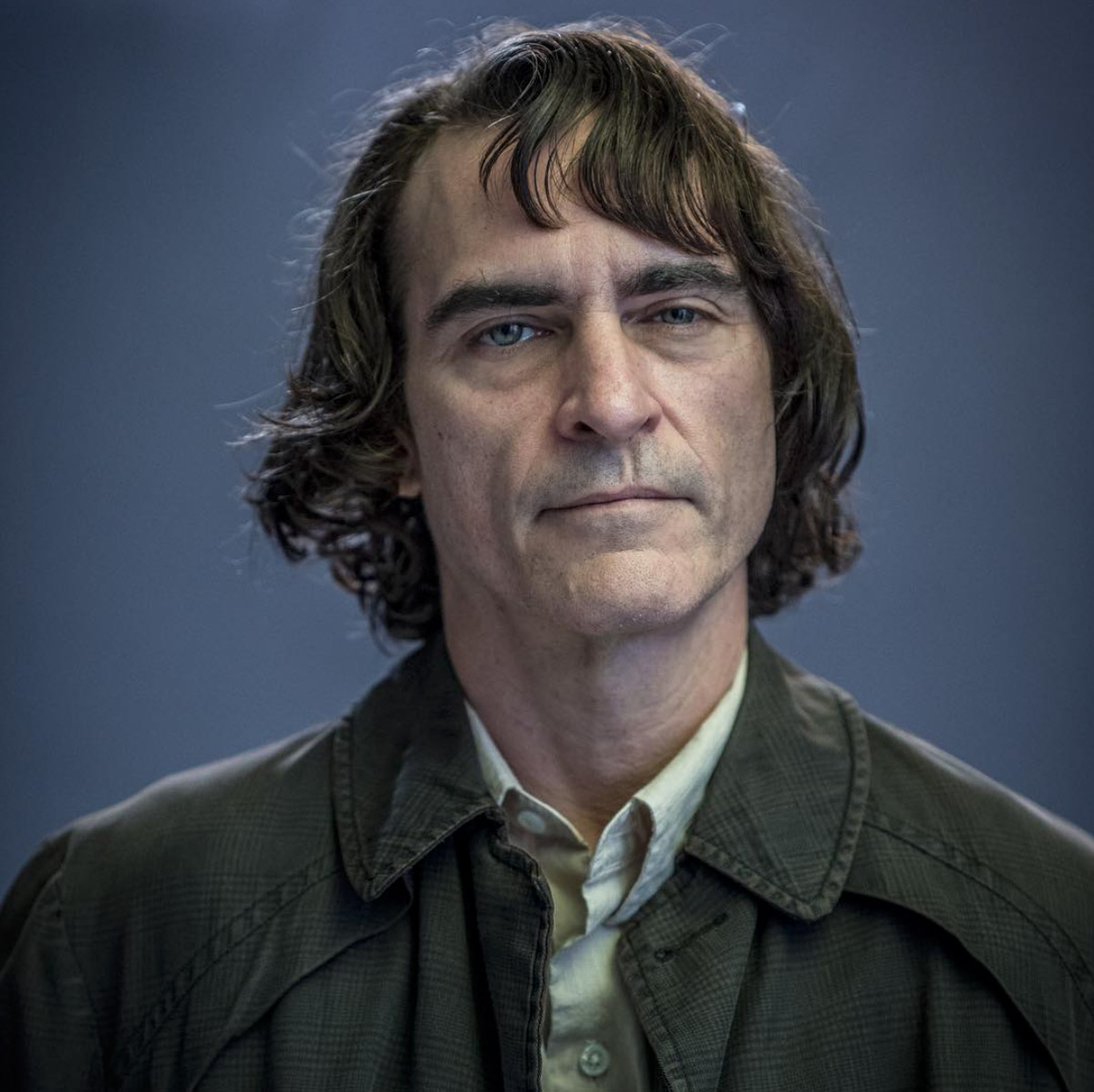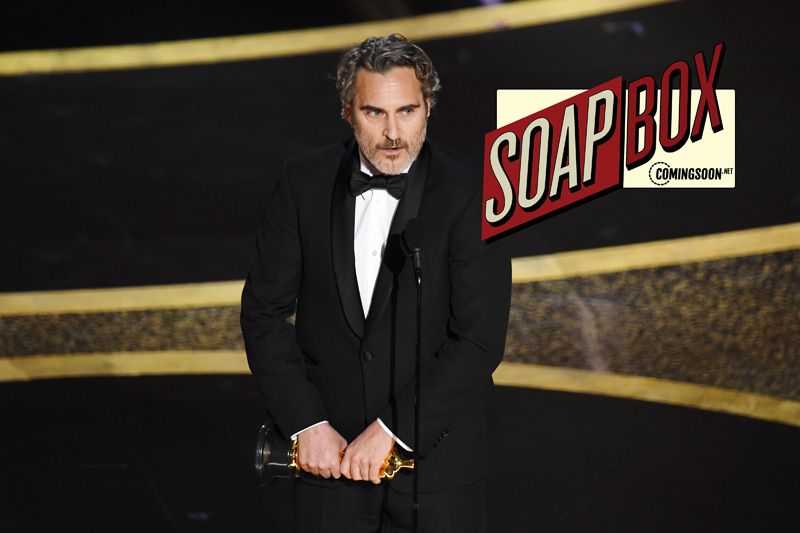Todd Phillips’ Joker made waves last year for not only being the most profitable R-rated movie ever made but for possibly redefining the comic book genre. Led by Joaquin Phoenix’s powerhouse Oscar-winning performance as the titular character, Joker resembles more a character study on mental illness and societal isolation than an action-packed superhero film. This Taxi Driver-esque take on Batman’s arch-nemesis warranted Phoenix’s domination of awards season, culminating with his Best Actor Oscar win Sunday at the 92nd Academy Awards.
Before his win, there had been rumors of Joker getting a sequel. Both director Phillips and star Phoenix had expressed interest in returning to the character and world of Arthur Fleck. Despite Phillips’ expressed disdain towards the traditional blockbuster (aligning with Scorsese’s “theme park ride” definition), his journey into the DC universe defied expectations associated with the latter. Joker’s smaller budget (around $55 million) and unique approach to its otherwise expensive source material have made films like Joker a smart investment—comic book films don’t need explosions and CGI to succeed at the box office, they just need a good script and a mystical performance.
RELATED: CS Soapbox: Do We Really Want/Need a Joker Sequel?
In various interviews, both Phillips and Phoenix described Joker as a one-off, an interpretative film that succeeds (outside of its central performance) largely because of its lack of definition. Its main character often sees and hears things that aren’t there, seducing audiences into a plethora of conflicting narratives. The movie Joker is an extension of the character it aims to pin an origin story to—the whole process equatable to flying a kite in a hurricane (yes, that’s a paraphrased quote from Spectre). Joker uses its comic book origins to flesh out Arthur Fleck’s backstory and intrigues the audience, from a talk show appearance plucked straight out of The Dark Knight Returns, the Joker character’s desire to have a “multiple choice” backstory from The Killing Joke to the death of Bruce Wayne’s parents from almost every Batman comic ever. All of those comic-booky things mislead the audience, as Joker tells you it’s a comic book story when it isn’t (not in the traditional sense).
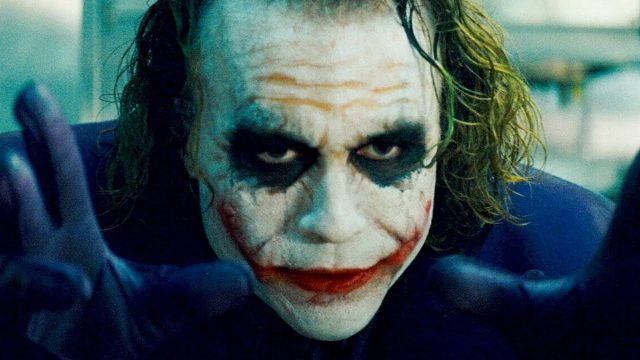
A Joker shouldn’t happen because of the money, awards or success the film or its star has received. Allowing those things to influence one’s creative choices would be an injustice to the story Joker set out to tell, a story that arguably began with Heath Ledger in 2008’s The Dark Knight. When Ledger’s Joker first appeared on screen and told the world that “whatever doesn’t kill you, simply makes you stranger,” it essentially acted as a mission statement for the character: The Joker will work as long as it remains strange, new and exciting. As that Joker made a habit of telling other characters “how he got those scars” he laid the groundwork for Phillips’ Joker. The abuse suffered at the hands of a drunken father and self-harm to soften the insecurities of a mutilated wife (who then “can’t stand the sight” of him) are similar in their themes of loneliness, betrayal, and, well just being straight f-ed up. Regardless, the Joker character was like an iceberg, we wanted to know what was under the surface.
Ledger ultimately won a Best Supporting Actor Oscar for his role as the Joker and his untimely passing kept him from reprising the role in The Dark Knight Rises (he was originally signed on for two films) so there’s no telling what would have become of the character. In the wake of this, Hollywood continued the character’s live-action journey without The Dark Knight trilogy via Jared Leto’s lackluster take in Suicide Squad and now Phoenix’s Oscar-winning performance in Joker, making him the second actor to win an Academy Award for the role.
It’s worth emphasizing that Ledger’s Joker and Phoenix’s Joker are very different. Ledger’s Joker is a homicidal yet calculated maniac, while Phoenix’s Arthur Fleck is an unhinged, broken man. We’ve already been told a lot more about Arthur Fleck than we were told about Ledger’s Joker (albeit in a roundabout way). Despite all the money it made, doing a Joker sequel with Joaquin reprising the role risks taking away the Award-winning mystique of the performance. Having “more to say with the role” might drain the ocean, so to speak.
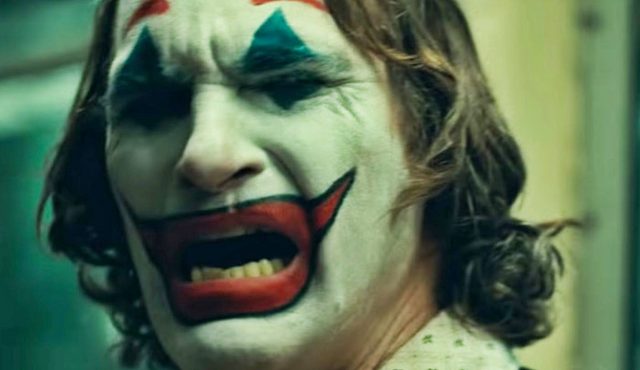
RELATED: CS Soapbox: Is 1917 the Greatest World War I Movie Ever Made?
The ending of Joker sees Fleck laughing in Arkham, suggesting that the whole film was either fantasy or a biased origin story. Regardless, no one wants those questions answered. Sure, you could revisit the Joker character in a way that paints Fleck as an inspiration for other Jokers but then you’d ultimately just be doing another version of the movie we have already seen. You could also, theoretically, do another Joker origin story with a different actor and explore different themes besides mental illness, but what about the Joker character isn’t tied to his precarious/conflicting perception of reality?
We’ve seen Oscar-winning actors reprise their roles in sequels before. It rarely lives up to the original. Anthony Hopkins won an Oscar as Hannibal Lecter in Silence of the Lambs and then returned in exceedingly underwhelming fashion for Hannibal and Red Dragon. Michael Douglas won playing Gordon Gekko in Wall Street and then returned for the lackluster Wall Street: Money Never Sleeps. Tommy Lee Jones won for his role as Samuel Gerard in The Fugitive, and then hunted down another fugitive in US Marshals. Gene Hackman gave his best performance as Popeye Doyle in The French Connection and then, for some reason, made The French Connection II… the list becomes even longer if we begin to consider Oscar-nominated roles (*cough* Jack Sparrow *cough*). The point is, nothing is ever as fresh as it is the first time, when forced to go deeper, sometimes you reveal too much.

There have been rumors pointing to Todd Phillips’ next film in the DC Universe possibly being a Lex Luthor film starring Joker producer Bradley Cooper. If made similar to Joker, as a grounded, small-scale character study that aims to elaborate on or redefine the character, this could work perfectly. Ultimately, Joker 2 doesn’t need to be about the Joker. A spiritual successor just has to continue the trend of credible storytelling, in the vein of classic Scorsese films, that Joker has now brought to the DC Universe. Revisiting Arthur Fleck would diminish the character, and turning him into a full-fledged comic book Joker would feel anathema to the grounded world Phillips created.
Part of the appeal of Heath’s Joker in The Dark Knight is the fact that it was such a one-of-a-kind performance. If he’d been the villain of The Dark Knight Rises, he could have been amazing for sure, but Ledger’s depiction is perfect as is. So is Phoenix’s. The chances Joker 2 warrants another Oscar for Phoenix is highly unlikely. There’s a better chance of fatiguing audiences who have been blessed with two mesmerizing Joker performances in less than two decades—there’s no need to attempt a third at the expense of its predecessors. Joker gave audiences a handful of rhetorical questions that, if answered, sully Phillips’ and Phoenix’s Oscar-winning Joker: let’s not kill the character, let’s keep it strange.
(Photo Credit: Getty Images)
Joker (2019)
-
Joker (2019)
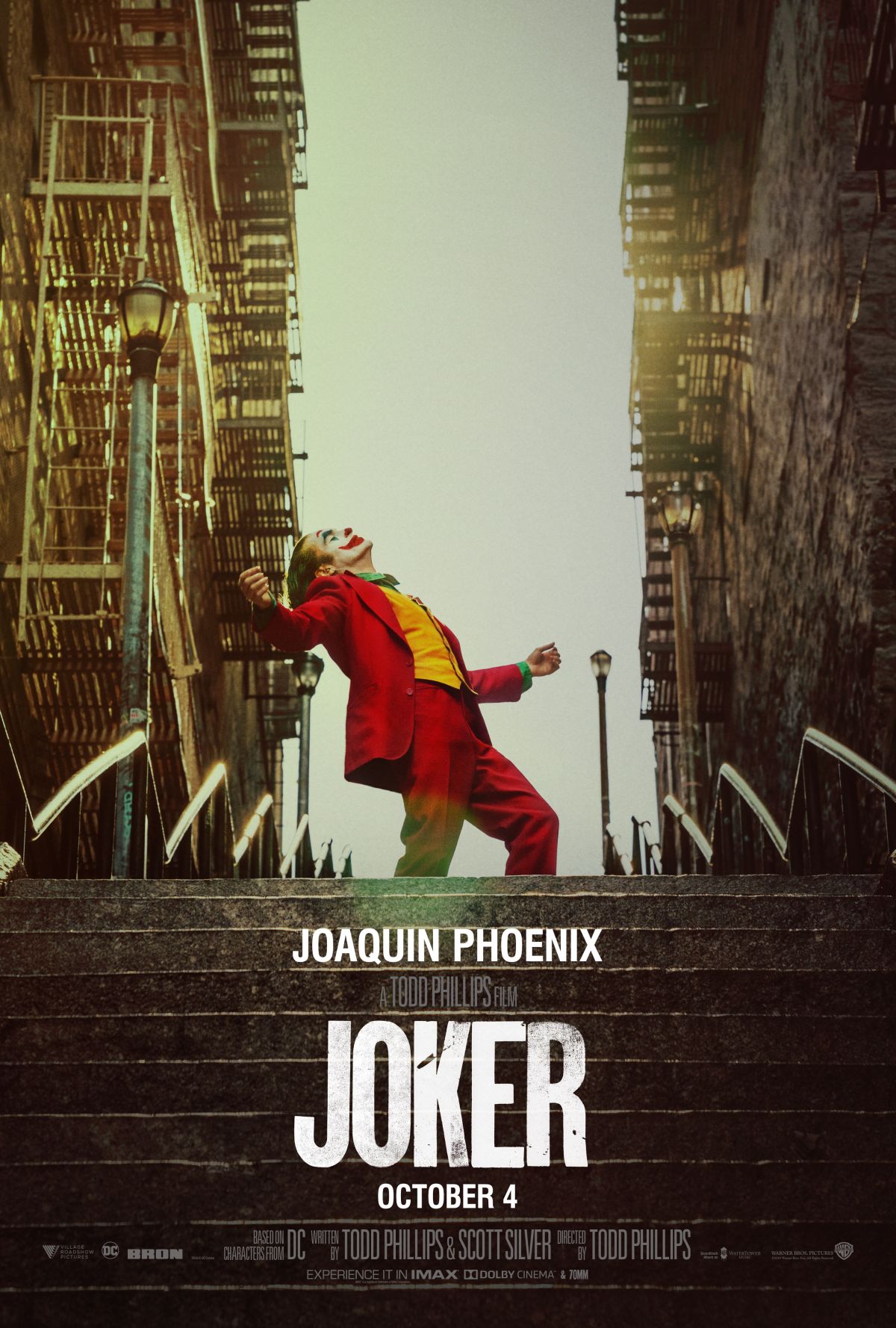
-
Joker (2019)

-
Joker

-
Joker
